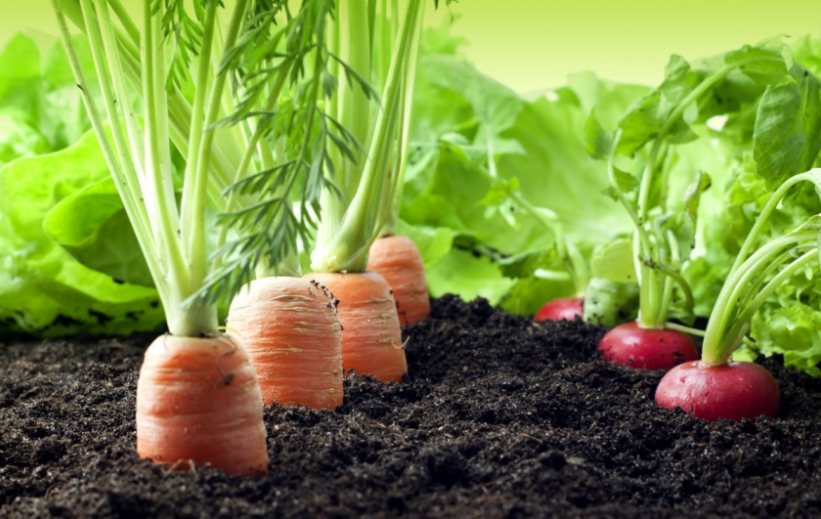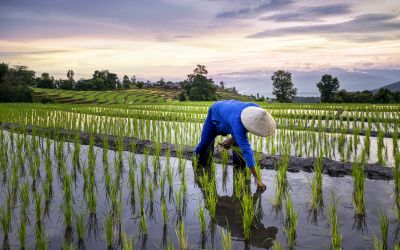France dominates this year’s Food and Farming Sustainability Index
France has topped the 2017edition of the Food Sustainability Index (FSI) exhibiting the best performance across food loss and waste, sustainable agriculture and nutritional challenges.

France has topped the 2017edition of the Food Sustainability Index (FSI) exhibiting the best performance across food loss and waste, sustainable agriculture and nutritional challenges.
The Index was created through a partnership between The Economist and the Barilla Centre for Food & Nutrition Foundation (BCFN) as a tool to monitor performance and progress of individual countries and to identify the main challenges that the global food system faces.
This year’s index examined the performance of 34 countries from all over the world representing over 85 percent of global GDP and two-thirds of the global population.
Japan, Germany, Spain, Sweden, Portugal, Italy, South Korea and Hungary form the top-10 of the best-performing countries.
France received the top score for a second consecutive year. It performed very well in all three pillars, but it achieved the highest score particularly in the food loss and water pillar due to its policy response to these issues reflecting a proactive government response to limit loss that occurs both from distribution and from consumers.
In 2016, France was the first country to ban supermarkets from throwing away food approaching its sell-by date and instead requires them to donate it to charities and other food banks.
Measures like this have resulted in France losing only 1.8 percent of its total food production annually.
The top performer for sustainable agriculture is Italy having achieved almost the highest score of the Index, which examines performance on the water, air, and land-use categories.
As the results prove, Italy has pioneered new techniques to reduce water loss in domestic and agricultural contexts and as the biggest consumer of seafood in the eurozone, it is continually updating its policies to ensure the industry’s sustainability.
The country also scored the maximum available for its implementation of agricultural techniques for climate change mitigation and adaptation with nationwide measures including crop diversification, changes in livestock diets and new agronomic practices.
Japan was the top performer in the nutritional challenges pillar, reflecting its high scores in the life quality, life expectancy and dietary patterns category.
The US achieved 21st place due to low scores in sustainable agriculture and nutritional challenges.
The UK ranked 11th place, performing strongly on food loss and waste, but earning average scores in sustainable agriculture and nutritional challenges achieving very low scores on life expectancy and dietary patterns category.
You can learn more about the2017 Food and Farming Sustainability Index here.






